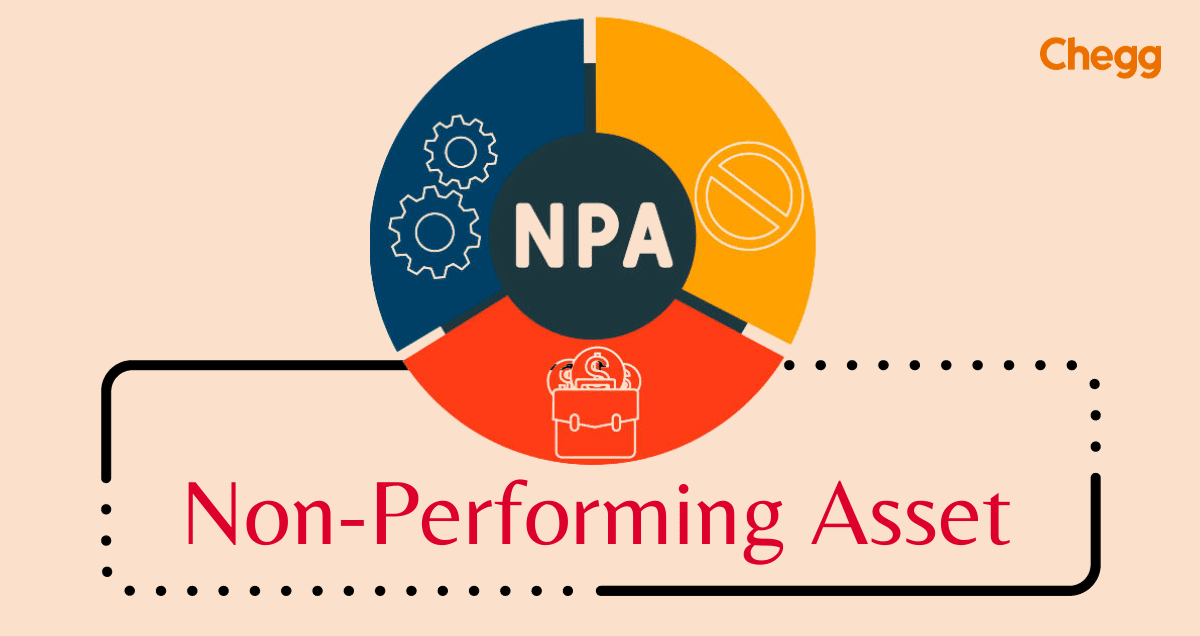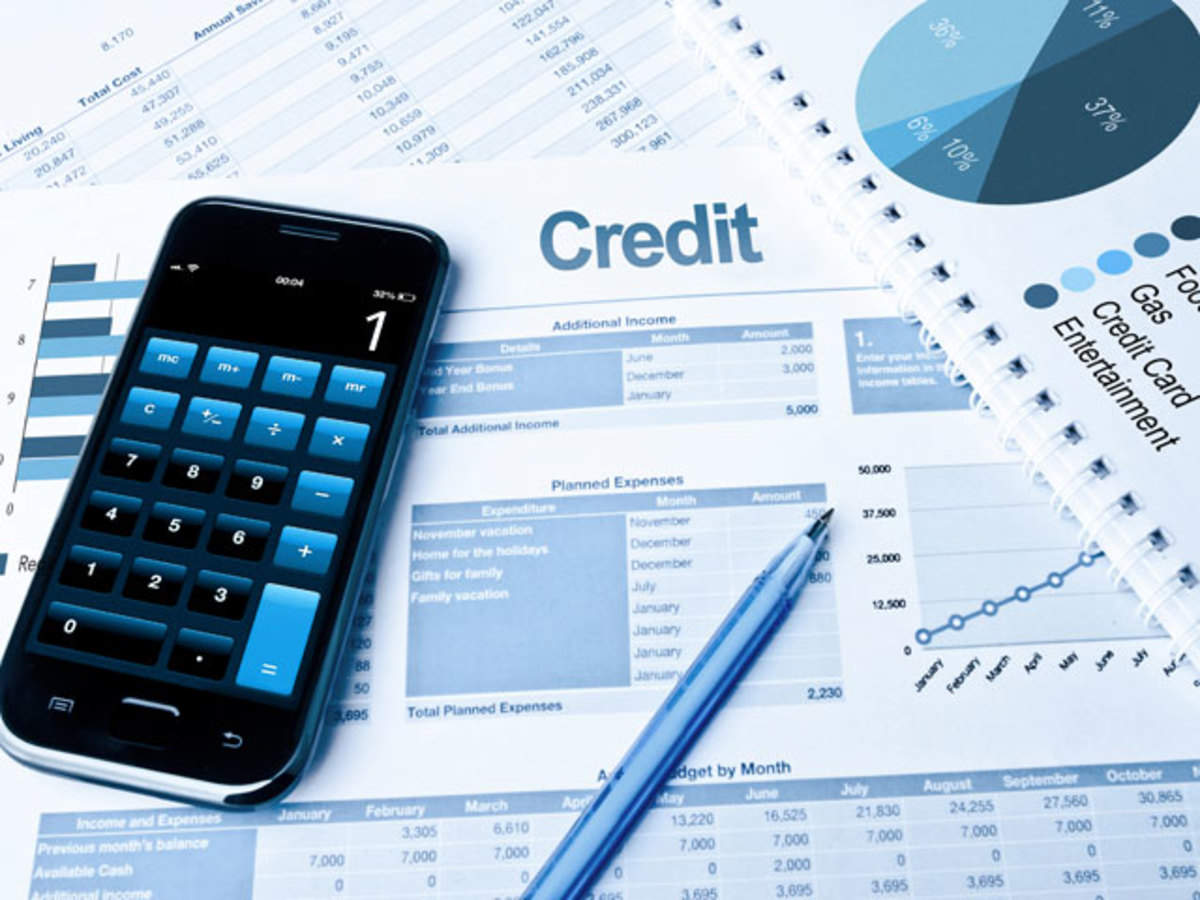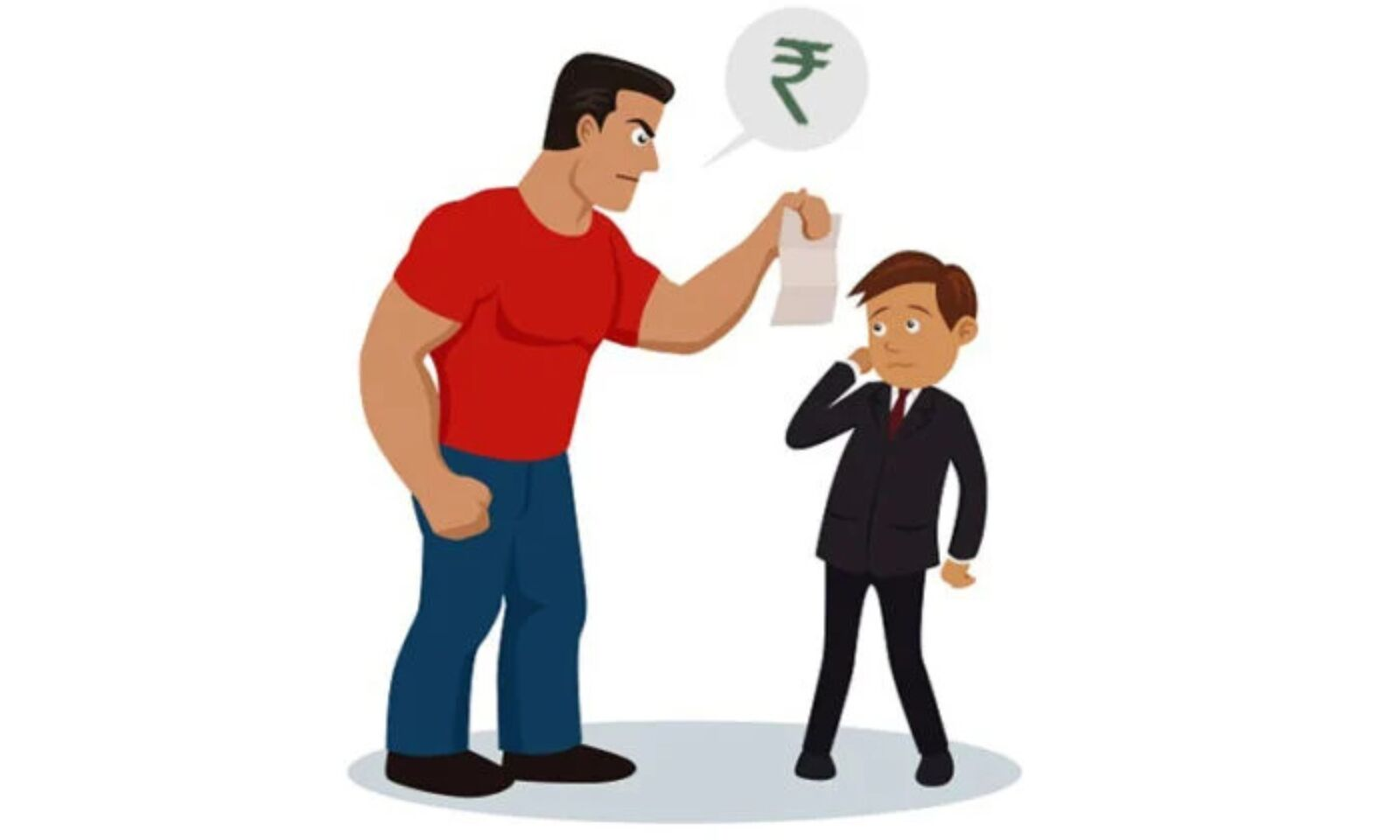The decision to get yourself out of debt by means of debt help companies is a changer in life if you are willing to make the necessary commitment going with that.
You can learn how to get out of debt and how to avoid the blunders that could ruin the whole thing.
Escaping debt involves more than just paying off a few credit cards. It implies the change of spending habits; learning how to budget; knowing who and how much you owe; prioritizing debts; creating emergency and retirement funds; and knowing where to explore assistance when you get off track.
In other words, there are a lot of decisions that need to be made and it’s probable – if not possible – you will make some mistakes along the way. Here are some blunders you can eliminate that will make it easier to get out of debt.
Same Old Spending Habits
People are creatures of habits and spending money is no exception. We shop at the same stores, eat in the same restaurants and drive the same car, due to the fact that it’s comfortable. It’s also costing you more than you can handle financially.
Remedy
If you won’t change your spending habits, you won’t ever get out of debt. Start with your morning habits like having coffee and breakfast at home. Go to lunch with a brown bag, not a wallet. The evening time, you can watch games or movies on TV, while eating a home-cooked meal. Your daily spending habits will immediately be impacted. You don’t have to do without. You just have to make better choices with what you do. Opt for the debt relief plans.
Trying to Dig Out of Debt in Person
People are reluctant to ask relatives or friends for help dealing with debt.
Remedy
You must call a nonprofit credit counseling agency and get free help from the experts. Credit counselors are trained and certified by national organizations. These organizations can suggest debt-relief solutions like debt management programs, credit combination, debt settlement or if things are way over the edge, insolvency. The credit counselors of debt help USA advise you on the formation of budgets and recommend a solution that you can take or leave.
Signing up for a Get Out of Debt, But Not Understanding What is Expected
It is rare to get a quick-fix resolution to debt problems. If that is one of the promises you hear, start looking elsewhere.
Remedy
The initial thing to comprehend is that debt-relief programs typically take 3-5 years, so be patient. Secondly, check up on whatever the company you choose for debt relief. The Better Business Bureau or a local state attorney’s office are good places for commencement. Credit unions, universities and military bases ought to be reliable sources for recommendations. Be sure whatever advice debt management organization, you opt is licensed and doesn’t have a record of consumer complaints.
Not Forming a Practical Budget
It is tough, if not improbable to gain the influence of your finances unless you are having a budget. People think it is too much work … until they get $20,000 in credit card debt and wonder how in the world that happened!
Remedy
There ought to be a development of a realistic budget that addresses the financial needs like housing, food, health care, insurance, and education, but still forms room for making disbursements on debt. Put away the credit cards and just pay with cash. That might mean reduction (or elimination) of things like dining out, entertainment, shopping for new clothes, cars or electronics, but if you are serious around the elimination of debt, a great start would be the operation with a budget and paying cash by means of debt help services.
Trying to Disburse off Multiple Debts at Once
Consumers with multiple sources of debt – credit cards, mortgage, student loans, etc. – often try and address each one every month. What a Bad Move!
Remedy
Go back to your budget, trim spending to bare bones on everything but essentials, and form a $100 (or preferably $1,000) surplus that goes directly on the credit card with the highest interest rate. When that’s paid off, you must go after the card with the next highest interest rate and keep going until all credit card debt is eliminated.
Closing Accounts When They are paid off
Remedy
This problem has a simple solution. You need to pay off the account, but never should you close it. The credit scoring systems are dependent upon just about how much money you owe, but how much credit you have available. Having credit available, but not using it, shows restraint and can improve your score.
You Decide to Stop Contributing to a Retirement Account
While it seems to be sensible in the devotion of every dollar probable towards the elimination of debt at present, in the long run, it is a mistake that is costly.
Remedy
Contribute at least 5%-10% of your income to retirement savings as soon as you begin to vocation and don’t let debt elimination cut into that. Time is the most powerful tool in retirement savings. The earlier you begin to contribute to a 401(k) or other retirement funds, the better off you’ll be at retirement. Find other places in your budget to disburse down credit card accounts.
Not Setting Aside Emergency Savings
According to research, more than half of American consumers (57%) don’t have enough cash to cover an unexpected expense of $500 or more.
Remedy
It is improbable to predict unemployment, car accidents or busted plumbing, which accounts for the reason that every home is in need of an emergency fund. Experts say put 3-6 months of expenses aside for emergencies. It might take a while to get there if you are focused on disbursing off debt, but again, it has to be a part of your periodical budget. Set aside at least 5% of your income in an emergency fund, at least until you are having three months of expenses covered.
Not Verifying your Credit Report is Correct
It is an imperative step to check your credit report for inaccuracies in your journey to reduce your debt.
Remedy
You are permitted a free credit report from each of the major credit reporting bureaus, Equifax, Experian, and TransUnion. Split them up, once every four months. Check them closely for incorrect delinquencies and/or balances that hurt your credit score and could make a diversity in your ability to buy a house or a car, or obtain more credit.
Not Prioritizing your Debt
Everyone has bills and most everyone wants to get out of debt, but some people just can’t get a focus. It is not a priority for them.
Remedy
The best solution could be to consolidate your debts and make just one disbursement periodically. Another way to get focused would be to take a piece of paper, the size of a credit card and write down the five debts you want to get rid of. Tape that piece of paper to your credit card. Every time you reach for that card, you will be reminded that you are adding, not subtracting to the problems on that page.
Conclusion
You can learn how to get out of debt and how to avoid the blunders that could ruin the whole thing. Escaping debt involves more than just paying off a few credit cards. It implies the change in spending habits; learning how to budget; knowing who and how much you owe; prioritizing debts; creating emergency and retirement funds.





Leave A Comment